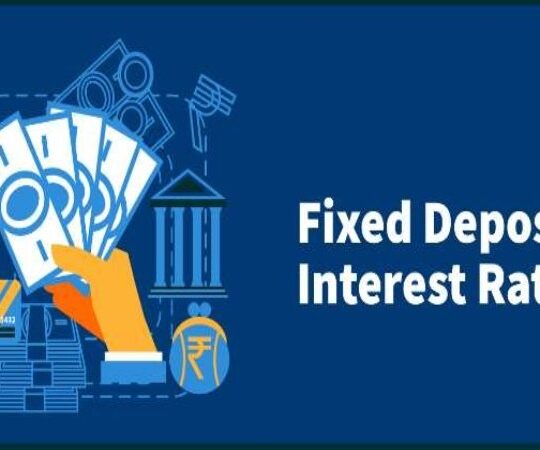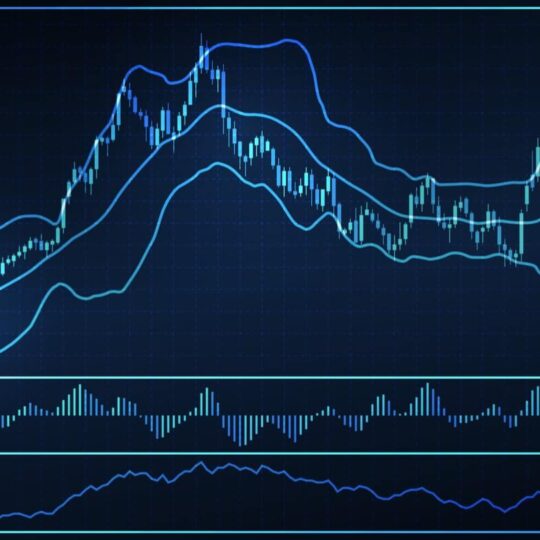Borrowers taking mortgage loans can get funds by keeping their immovable assets as collateral to the lender. If the borrower fails to make the repayment, the lender will have legal rights to seize the asset.
However, while getting the mortgage loan sanctioned, the borrower has to pay certain fees. These include everything starting from mortgage loan processing fee to prepayment, foreclosure charges, etc. Read to know more.
What is a mortgage loan processing fee
Lenders follow the evaluation and verification procedure once they receive a confirmation from the borrower of getting a loan. They take processing fees for setting things in motion toward the mortgage loan application process .
The processing fee depends on lenders but it is mostly non-refundable and has to be paid upfront.
What are the other charges for a mortgage loan
Home loans and loans against property fall under mortgage loans. To get these loans, the borrower needs to pay certain charges other than the processing fee. However, these charges are not always applicable and some of them are necessary.
-
EMI bounce charges
If for some reason(s) monthly payment doesn’t happen, EMI bounce charges come into effect. It is possible due to insufficient account balance, check bounce, etc EMI deduction didn’t happen. In this case, there comes a charge of a certain amount in addition to that month’s EMI amount.
-
Statement charges
If a person is opting to track the mortgage loan progression offline, lenders tend to take extra charges for principal and interest statements.
However, if the whole process lies at the fingertips of borrowers through online means, they can avoid this charge easily. Whether it’s home loan, loan against property, or any related loans, statement charges carry those costs.
-
Penal interest
There might arise scenarios where borrowers fail to pay an EMI. In this case, the person will have to pay a penalty charge along with the missed EMI fee. This deduction generally happens every month.
-
Secure charges
In some cases, lenders take a security fee so that all the personal informational details remain intact and secured.
-
Pre-payment charges
It might be possible that there is an additional amount in the borrower’s account. Here, if some part of that money is deposited for loan, it’ll reduce overall EMI amount and shorten the tenor period.
Lenders initiate a prepayment charge in this case, which helps them keep things in a smooth motion.
-
Foreclosure charges
If the borrower wants to do the whole payment all at once, it is very much possible. However, this also attracts a foreclosure charge.
Many lenders also extend customized offers to existing customers on financial products, such as loan against property, home loan, etc. These offers streamline the loan application process. Borrowers can check their pre-approved offers by entering their name and contact details.
What are the factors affecting interest rates of mortgage loans
Various factors depend on setting the interest rate for loan against property. Some of these factors are:
-
Property location
If a borrower takes a loan against property, the location becomes vital in understanding that property’s value. If the locality, communication, etc., are well suited the property’s value will be more.
Lenders can easily hold these as collateral, since it doesn’t have any risk if the borrower fails to make the repayment. Borrowers can check the list of documents needed and the eligibility criteria for loan against property to prepare it beforehand.
-
Loan size and tenor
Generally, the loan amount for mortgage loans is higher with long tenors. However, this depends on a borrower’s requirements and other parameters, such as his/her income status, employment type, etc. To sanction the loan, lenders may also check an applicant’s history so that they can progress risk-free.
In this regard, you need to understand how your credit score affect loan against property.
These points offer an overview of some of the crucial factors regarding mortgage loan processing fees, charges, and the basis of making interest rates. However, these charges differ for various lenders. Some might offer them while others may not. It is on this prospect, a borrower should choose their lender and see if they meet their requirements.









